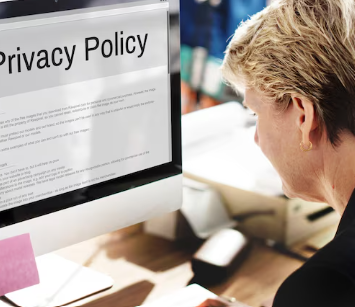Recently, Israel has seen a rise in parallel importation. Companies large and small are essentially competing against themselves. Why have Israeli patentholders been unable to prevent self-competition from imported goods sold abroad?
Patent Exhaustion and Parallel Importation: Patent exhaustion limits patent protection to the first sale of the patented object. Virtually all jurisdictions limit patent protection to the first domestic sale (i.e. no infringement after the first sale), however many jurisdictions also limit the patent protection after any authorized sale, including a foreign sale (i.e. international patent exhaustion). International patent exhaustion allows for parallel importation of goods protected by a patent after the first authorized foreign sale.
Israel’s Approach: In Israel, legal practice is permissive of parallel importation, and Israeli Courts lean toward international patent exhaustion. This limits the scope of Israeli patent monopolies and allows for parallel imports to compete with Israeli distributors of patented goods.
Although, jurisprudence in Israel is not yet very developed, based on the present trends, it is probable that Israel will eventually expressly adopt the US position on patent exhaustion. The preeminent US Supreme Court decision, Quanta Computer, Inc. v. LG Electronics, Inc. (2008), found that foreign sales can lead to exhaustion and that third parties can combine a patented product with further components.
Obstacles to Parallel Importation: Despite the limitations presented by patent international exhaustion, there are other avenues available to patent holders to prevent parallel importation. The first is the use of Israeli standards to prevent the importation of internationally sold products. Israel will not permit the importation of products that do not comply with Israeli standards. However, based on recent governmental initiatives to permit the importation of goods that conform to foreign, particularly European standards, the strength of standards as an obstacle to importation may be waning. In the medical field, Ministry of Health regulations can also be a significant hurdle.
Another method for preventing parallel importation is contractual limitations. Contractual claims may be available against the initial foreign buyer and possibly against the Israeli parallel importer for violating the sale contract between the patentee and the initial buyer. Nonetheless, any actions by a Patentee must comply with Competition Law. Particularly notable in this regard is a recent amendment limiting actions by a direct importer that could reduce competition by a parallel importer.
To sum up, it is important for patentees and potential parallel importers to understand the patent, standard, contractual, regulatory and competition law implications of parallel importation. These disparate legal considerations require specific legal advice to navigate the complex considerations surrounding parallel importation.



